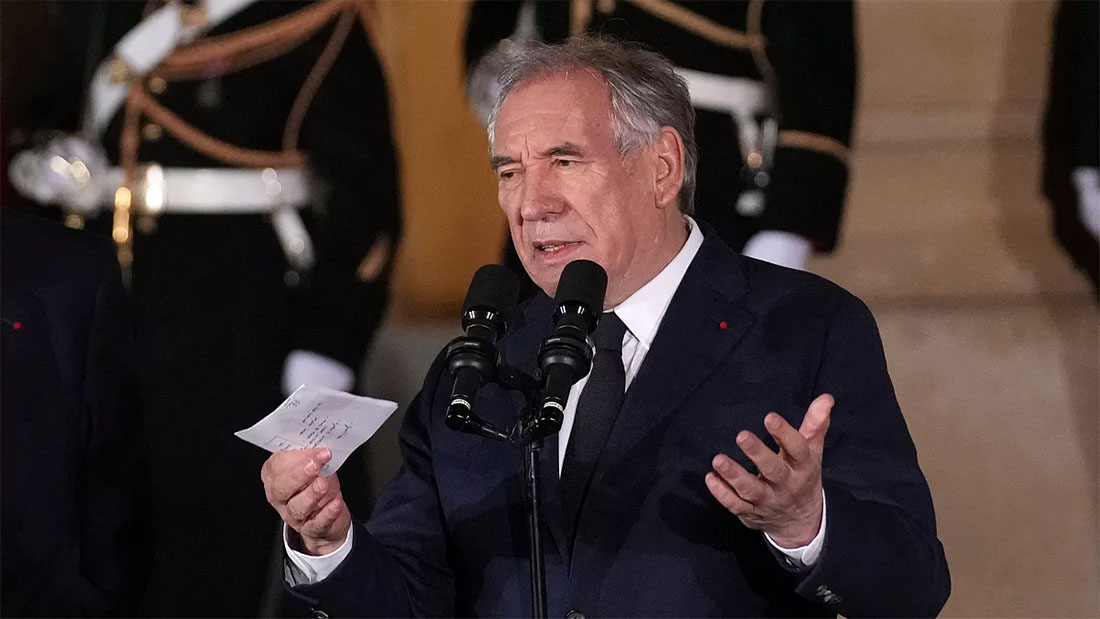
Photo Credit: Getty Images
French Prime Minister Francois Bayrou survived a no-confidence vote in parliament on Wednesday, granting him a reprieve after less than two months in office. However, his future remains uncertain after using a controversial constitutional article on Monday to push through his cost-cutting budget without a vote. Bayrou, a veteran centrist appointed by President Emmanuel Macron to resolve a political crisis, defended the budget as "an urgent step."
But the use of this mechanism, article 49.3 of the constitution, allows opposition parties to put forward a no-confidence motion, and the bid to topple the government was duly proposed by the hard-left France Unbowed party (LFI), backed by the Communists and the Greens.
But while Bayrou is nowhere near having a majority in the National Assembly, the Socialists and far-right National Rally (RN) both said they would not back two no-confidence motions put forward by the hard left.
In the end, the motion concerning the budget gathered 128 votes, well short of the 289 votes needed to topple the government, which still needs approval from the upper-house Senate for the draft to become law.
A second no-confidence motion, targeted at the government's social security financing plan, was also on Wednesday's agenda, and also expected to fail. But observers said that Wednesday's vote, while a victory, secured little more than a reprieve for the embattled premier.
Jordan Bardella, head of the far-right RN said ahead of the vote that "we need to avoid uncertainty because many of our fellow citizens... are extremely worried about possible long-term instability".
The party's vice-president, Sebastien Chenu, said Wednesday that the RN wanted stability "until it is possible to trigger fresh elections", which could be in June, one year after the last legislative polls. "As soon as we can go before the voters again, we must do so," he said. Socialist leader Olivier Faure said his party decided against voting to topple the government over the budget, as it would have resulted only in France having "a prime minister further to the right".
The Socialists' stance is a major boost for Bayrou that could mark the end of a broad left-wing alliance including the Socialists and LFI party that had endured since the election campaign.
















